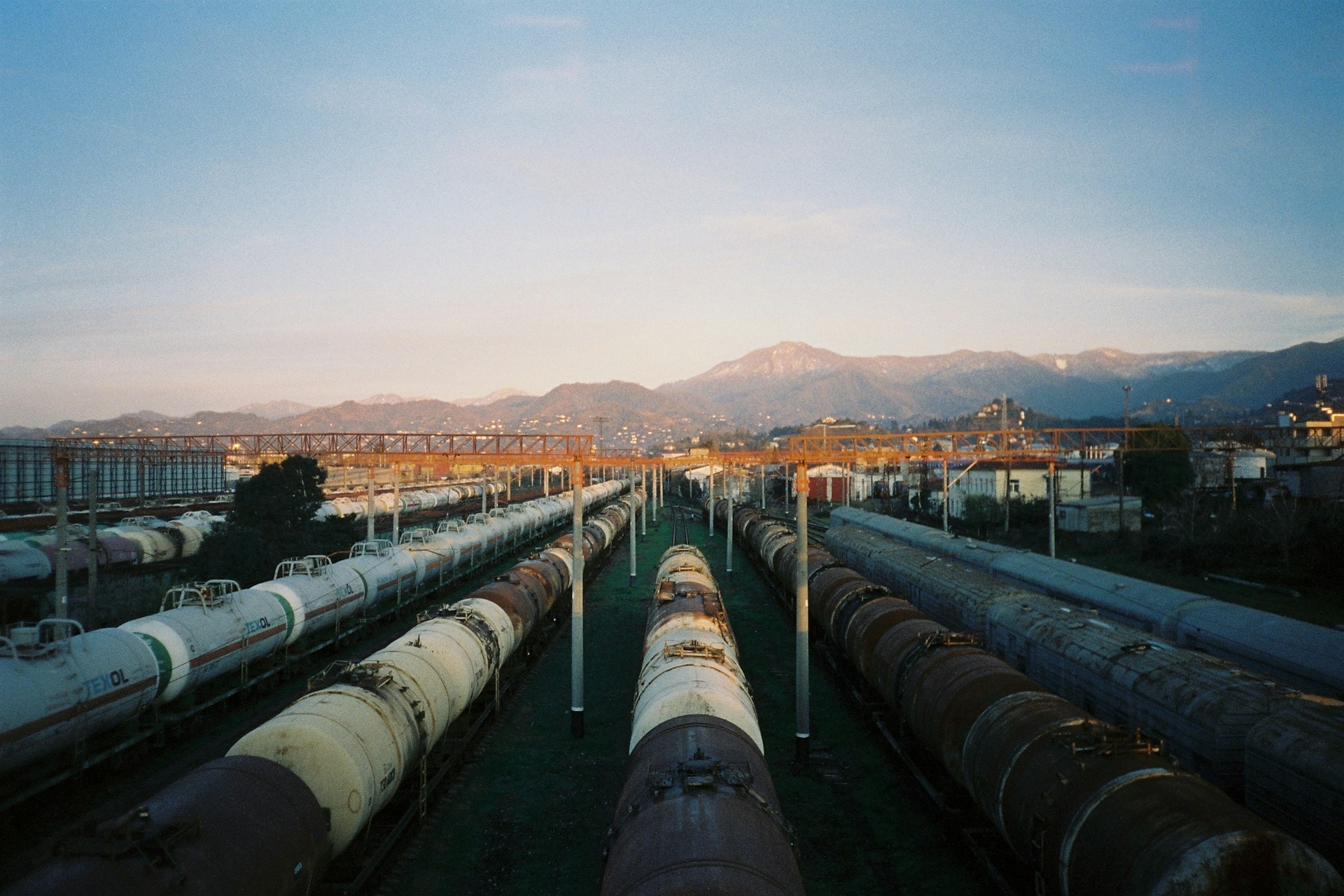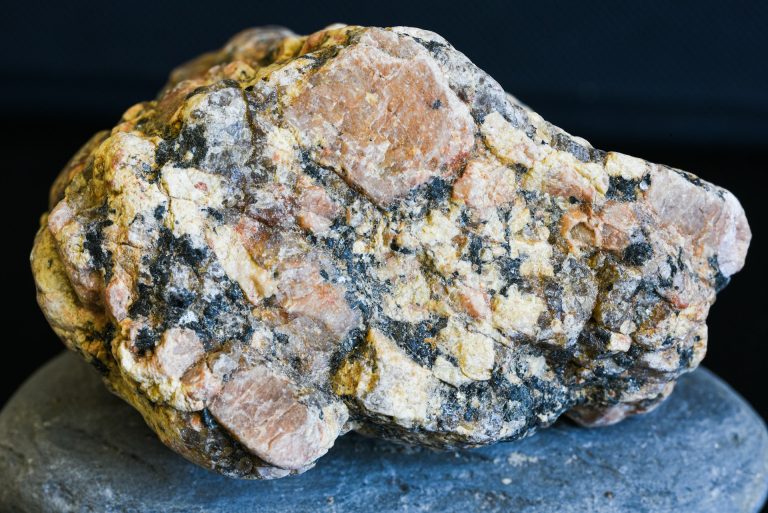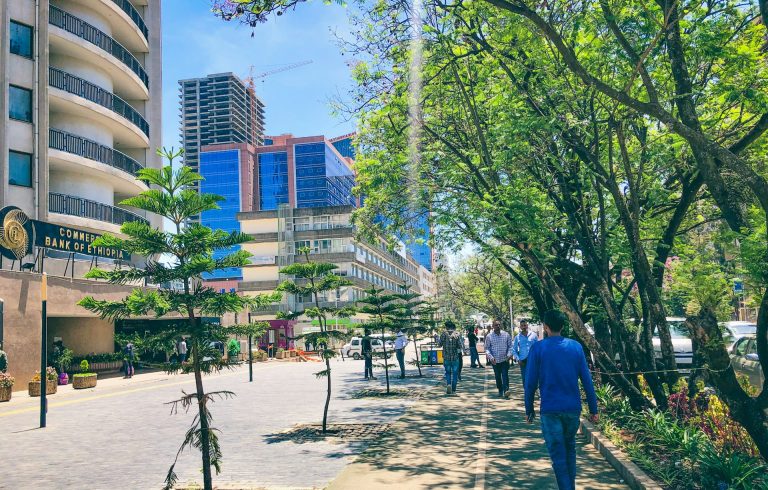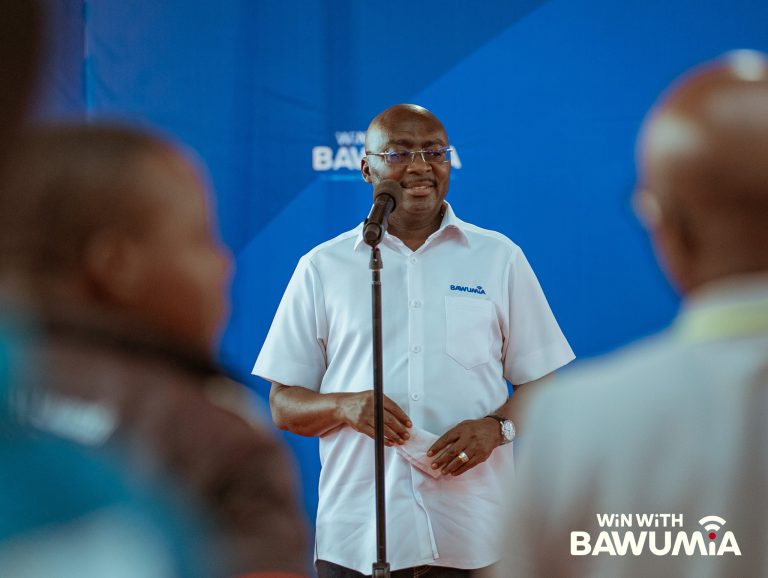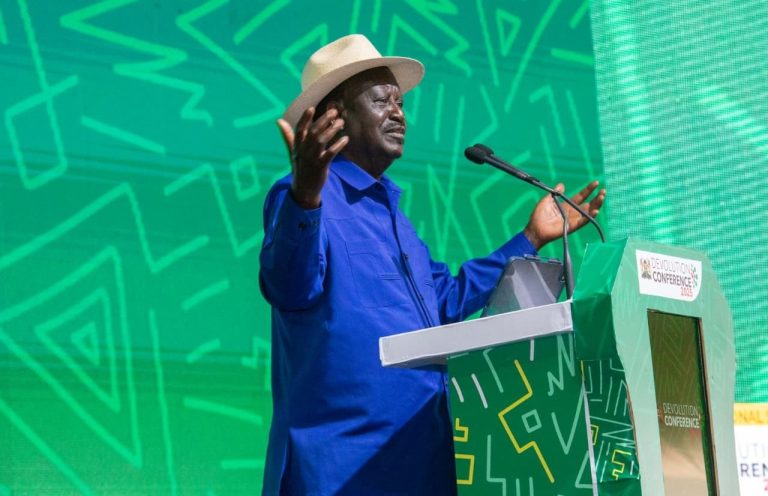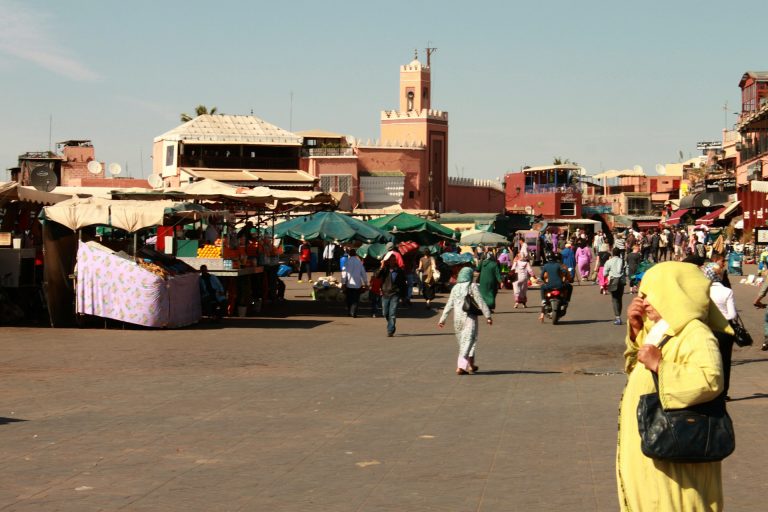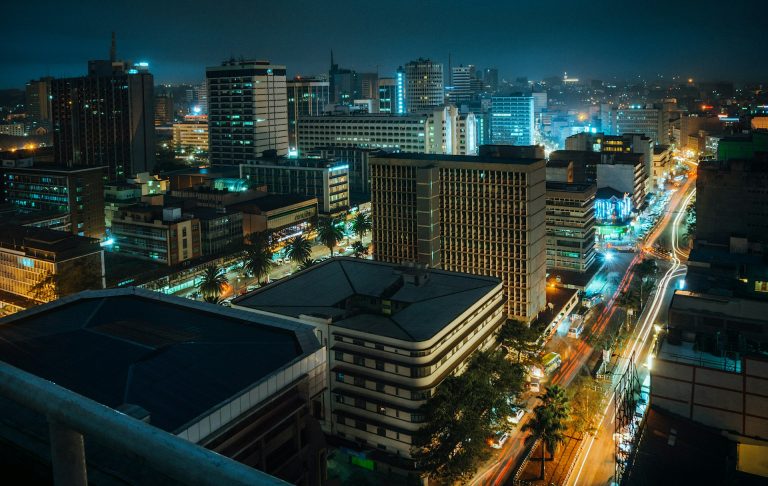- Second phase investment pushes total project value to $560mn
- Project to produce 40m cubic feet of gas daily by 2027
KIGALI, RWANDA – Rwanda’s Lake Kivu methane gas project has received a new investment worth $177 million from GasMeth Energy Limited, advancing the country’s plan to expand gas extraction and reduce reliance on costly energy imports.
The latest financing marks the second phase of GasMeth’s commitment to Rwanda’s energy transformation, bringing the total investment to $560 million. The first phase, valued at $360 million, laid the groundwork for methane extraction and processing from Lake Kivu, one of the world’s few freshwater bodies containing dissolved methane.
The project, which had previously faced delays due to financing hurdles and global supply chain disruptions, is now progressing smoothly following renewed cooperation between GasMeth, the Rwandan government, and international financiers including the African Export-Import Bank.
Gas to power Rwanda’s energy ambitions
Once fully operational in 2027, the facility is expected to produce 40 million cubic feet of gas per day, a capacity that will significantly ease the country’s persistent energy shortfall. The output will serve both industrial and household consumers, helping bridge the gap between growing demand and limited domestic supply.
“Once we fully go operational, the country’s growing demand for cooking gas and automotive fuel will be met while at the same time cutting costly imports,” said Stephen Tierney, Chief Executive Officer of GasMeth Energy Limited.
Tierney said the company’s progress has accelerated thanks to “strong government support and dependable financing partners” that have kept the project on track despite earlier logistical challenges.
“Partnership with the Rwandan government and institutions such as the Africa Export-Import Bank has given the project the stability it needs,” he added.
Rwanda’s energy sector still relies heavily on biomass, particularly for household cooking. Although the country has made strides in expanding electricity access – 84.6% of households now have power, with 59.6% connected to the national grid—demand continues to outstrip supply. The government is now pushing to diversify its energy mix through renewables such as hydro, solar, and geothermal, alongside methane-to-power initiatives like GasMeth’s.
The Lake Kivu methane project is viewed as a cornerstone of that transition, harnessing domestic natural resources while advancing Rwanda’s Energy Policy 2030, which targets universal access to modern, affordable, and sustainable energy.
The project also has environmental implications. By capturing methane from the lake, the initiative mitigates the risk of gas eruptions—known locally as “limnic explosions”—while turning a potential hazard into a productive energy source.
With phase two funding secured, Rwanda’s methane venture is set to transform its energy landscape within two years. “This project is not just about energy security,” Tierney said. “It’s about building a cleaner, more self-reliant Rwanda.”
